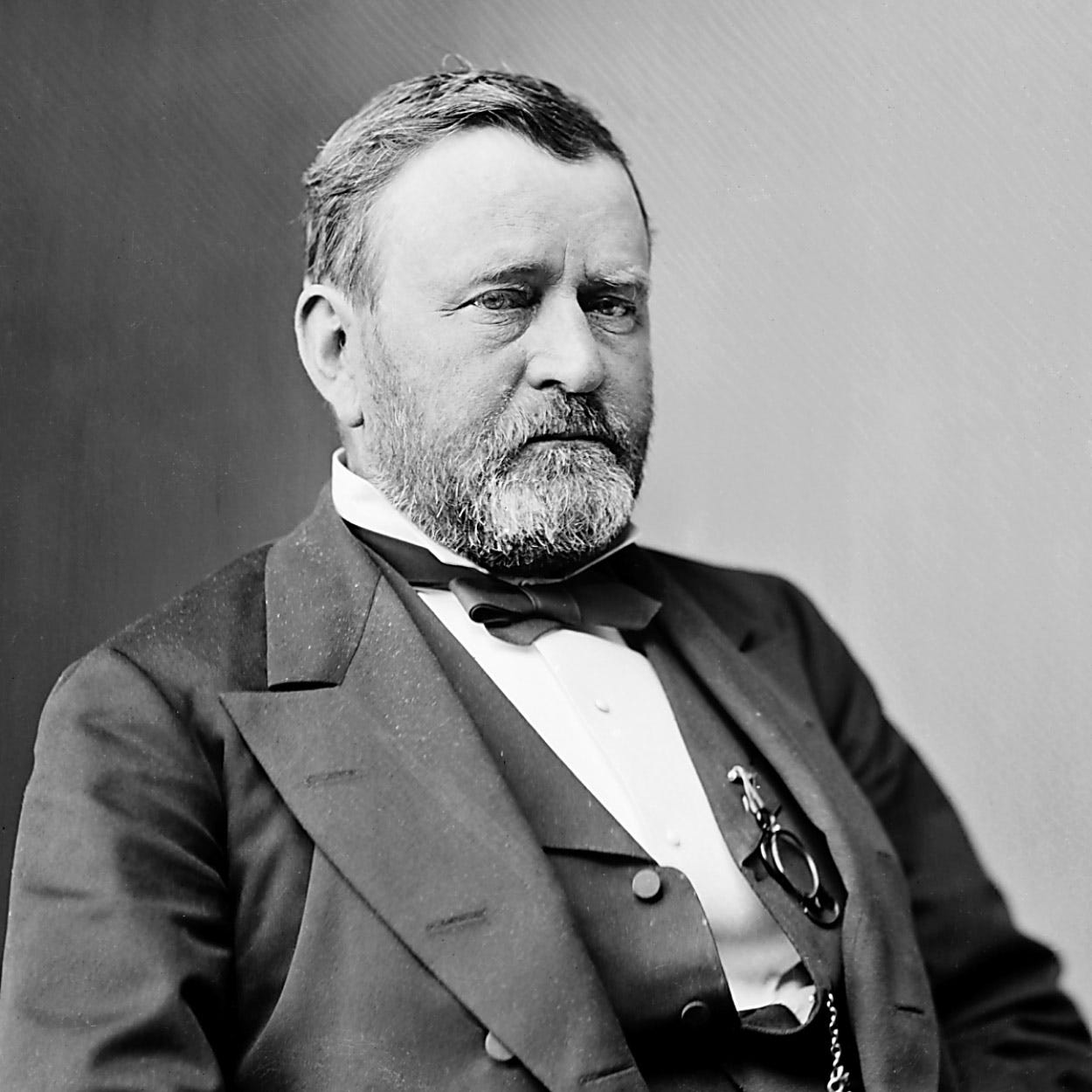Eight United States presidents have gone bust financially, most before they became president: Thomas Jefferson (who had money woes both before and after his presidency), James Madison, James Monroe, William Henry Harrison, Abraham Lincoln, Ulysses S. Grant, William McKinley, and Harry S Truman (who resisted declaring bankruptcy and instead persuaded Congress to increase his presidential salary). The last president to go bankrupt after he was president was Grant. “When I went downtown this morning I thought I was worth a great deal of money,” Grant wrote on May 6, 1884, “and now I don’t know that I have a dollar.” The Civil War hero and his wife had $210, actually, after his partner invested in a pyramid scheme. Not long after, Grant discovered, Job-like, that he was also dying of cancer. Grant solved his financial problem by writing his memoirs, fulfilling every book editor’s dream by turning in a manuscript and then promptly dropping dead.
Trump will, I think, be the next ex-president to declare personal bankruptcy. But Trump lacks Grant’s literary gift, and anyway he’s already published several books (all ghostwritten; probably some of them he hasn’t even read). One friendly hand, that of Chubb, has already been extended in Trump’s direction to cover a $91 million appeals bond in the E. Jean Carroll case. If another hand appears to cover New York State’s $454 million judgment against Trump while Trump appeals that case, it will only be because Trump may become president again. (It certainly won’t be because the lending party expects to be paid back.) For the moment, there appear to be no takers. Financial desperation is, I submit, not an attractive quality in a presidential candidate, and that’s the topic of my latest New Republic piece. Click here to read it. If you’d rather hear me yak about it to Greg Sargent on the New Republic’s Daily Blast podcast, click here.




